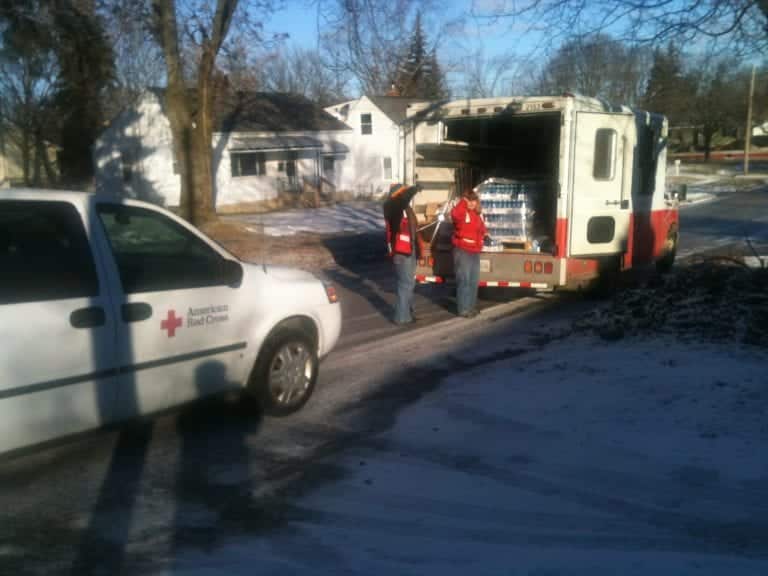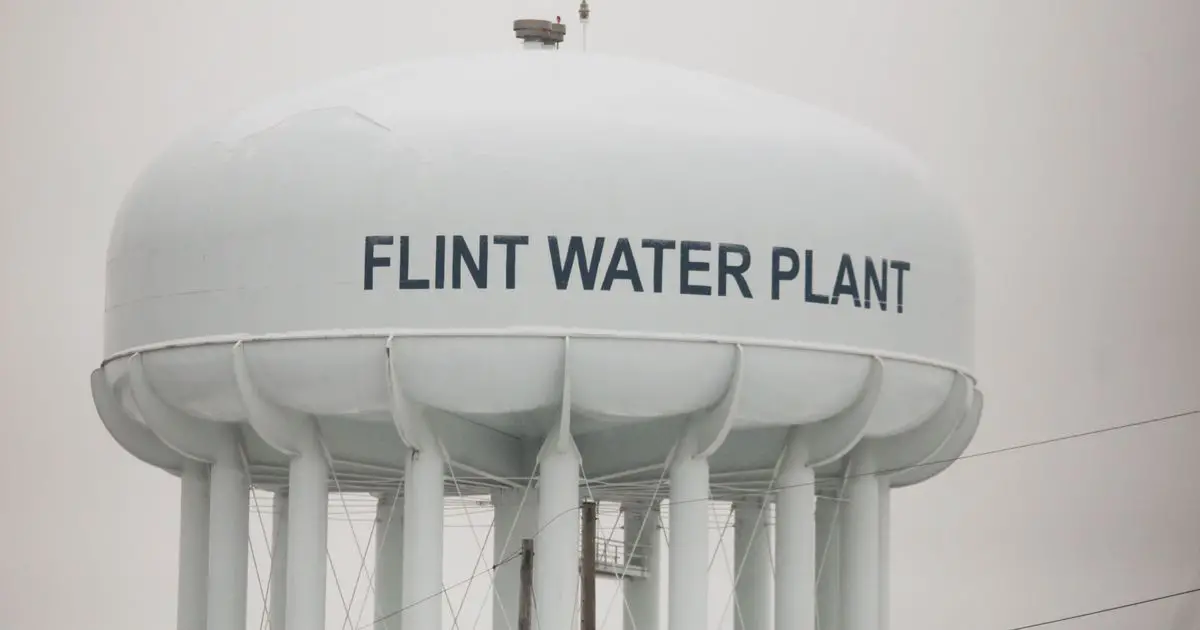Flint, Michigan, was once synonymous with the American Dream. But now, it is at the epicenter of one of the most profound environmental and public health crises in recent memory. The Flint water crisis began in 2014 and has left an indelible mark on the community. It has exposed systemic failures, environmental injustices, and the vulnerabilities of marginalized populations.
As we delve into the complexities of this crisis, it becomes apparent that its repercussions extend far beyond contaminated water. They reach into the very fabric of the community, affecting health, trust in institutions, and the socioeconomic landscape.
In this article, we explore the origins of the Flint water crisis and its multifaceted impacts on the community.
Table of Contents
Origins of the Crisis
The roots of the Flint water crisis can be traced back to April 2014. This was when the city, under state-appointed emergency management, switched its water source from Lake Huron to the Flint River.
This decision was ostensibly made to cut costs, but it set off a chain of events with devastating consequences. According to a Sage Journal study, this switch also had a political agenda. The study states that the switch resulted from a White state project—the project aimed to regionalize the assets and natural resources controlled by the Black working-class city of Detroit.
Almost immediately after the switch, residents began to complain about tap water’s taste, smell, and appearance. The Flint River’s water was contaminated by several toxins disposed of over the years.
Despite these concerns, officials assured the public that the water was safe to drink. However, independent studies soon revealed dangerously high lead levels and other contaminants in the water supply.
Impact on Public Health

The health implications of the Flint water crisis are staggering. Lead exposure, especially in children, can lead to irreversible neurological damage, developmental delays, and behavioral problems.
An NCBI study shows that the crisis’s impact on children’s educational outcomes is visible even after ten years. The study found a substantial decrease in math achievements, especially among students of low socioeconomic status and young students. Moreover, there’s an increased need for special needs classification among boys.
The consequences of lead exposure extend beyond cognitive effects. Lead poisoning can also affect various organs in the body, including the kidneys, liver, and reproductive system.
Additionally, it can lead to cardiovascular issues such as hypertension and an increased risk of heart disease. The Flint water crisis exacerbated existing health disparities, disproportionately affecting low-income communities and people of color who were already facing socio-economic challenges.
Beyond lead contamination, Flint’s water was also found to contain other contaminants, such as bacteria and carcinogens. This posed additional health risks to residents, including gastrointestinal illnesses and potential long-term health effects, such as cancer.
Cancer has always been a primary concern among those exposed to contaminated water. Camp Lejeune’s water contamination is an example. The water supply at Camp Lejeune was found to be contaminated by industrial solvents like trichloroethylene (TCE) and perchloroethylene (PCE).
According to TorHoerman Law, military officials, their family members, and other civil workers exposed are at a higher risk of developing cancers. The contaminated water has been associated with cancers like bladder, breast, cervical, non-Hodgkin’s lymphoma, multiple myeloma, etc.
Therefore, similar to the Flint, Michigan water crisis, victims exposed to contaminated water at Camp Lejeune have filed lawsuits. The plaintiffs seek compensation for the damages they have suffered because of the exposure. Based on the case’s strength, the Camp Lejeune payout can range from $10,000 to $1,000,000.
Socioeconomic Ramifications

The socioeconomic ramifications of the Flint water crisis are profound and far-reaching. Property values in Flint plummeted as the crisis unfolded, exacerbating the city’s already precarious economic situation.
As the American Economic Association highlighted, property values declined between 27% and 39%. Around 70% of this decline came after the adverse health effects of the contaminated water came out.
Businesses suffered as residents lost trust in local establishments, and tourism declined sharply. Moreover, the financial burden of dealing with the crisis fell disproportionately on residents, who were already struggling to make ends meet.
The health and financial burden on the residents also impacted their mental health. These problems persist among the residents. According to The Journalist Resource, a study found that one in five residents still suffer from depression. Moreover, one in four residents have symptoms of post-traumatic stress disorder (PTSD).
Ongoing Efforts and Challenges
In the wake of the crisis, efforts to mitigate its impacts and hold those responsible accountable have been ongoing. Numerous lawsuits have been filed against government officials and agencies, alleging negligence, misconduct, and violations of residents’ civil rights.
Additionally, various initiatives have been launched to provide support and resources to affected residents. These include programs for lead testing, water filtration, and health services.
However, significant challenges remain, including long-term infrastructure investments, addressing the health needs of affected residents, and restoring trust in government institutions. The victims also face challenges in getting settlement amounts.
According to USA Today, a settlement was made for $626.25M. However, despite the settlements, most victims have still not received a penny from the fund.
Frequently Asked Questions About the Flint Water Crisis

Is the Water in Flint Safe to Drink Now?
While significant progress has been made in improving water quality in Flint, many residents still rely on bottled or filtered water. Ongoing testing and monitoring efforts ensure that the water meets safety standards. However, the legacy of the crisis has eroded trust in the water system.
How has the Flint water crisis affected property values?
Property values in Flint have declined since the onset of the water crisis. The American Economic Association estimates suggest a decrease of up to 39%. The perception of contaminated water has made it difficult for residents to sell their homes or attract new buyers.
What are the long-term health effects of lead exposure?
Lead exposure can have profound and long-lasting effects on health, particularly in children. These effects may include developmental delays, learning disabilities, behavioral problems, and reduced IQ. Addressing the health needs of residents affected by lead exposure is critical to the ongoing response to the Flint water crisis.
Final Thoughts About the Flint Water Crisis
The Flint water crisis is a stark reminder of the intersectionality of environmental, public health, and socioeconomic issues. It serves as a tale of the consequences of neglecting infrastructure, prioritizing cost-cutting over public safety, and failing to listen to the concerns of marginalized populations. As Flint grapples with the aftermath of the crisis, it serves as a rallying cry for environmental justice and community resilience.



